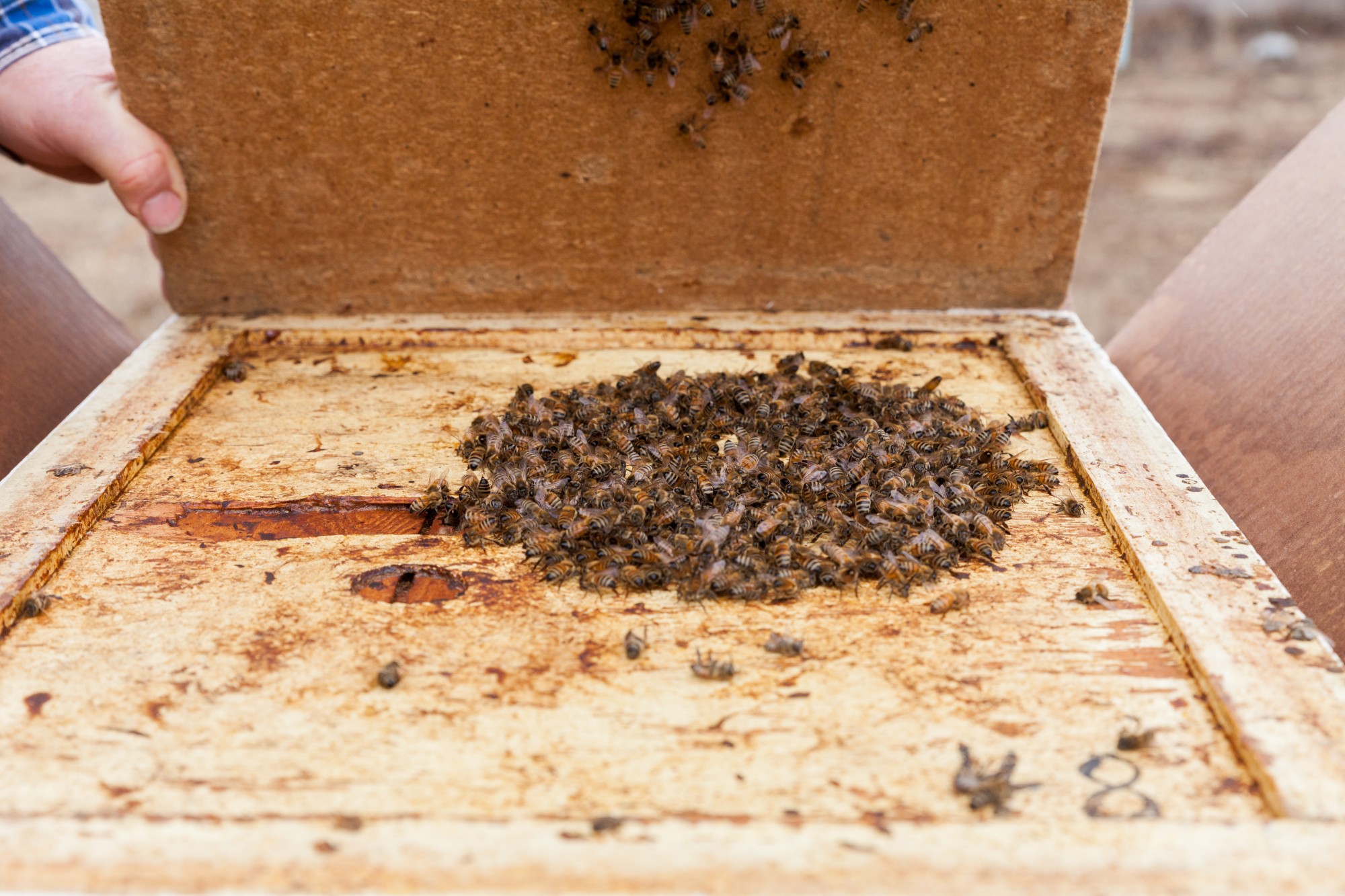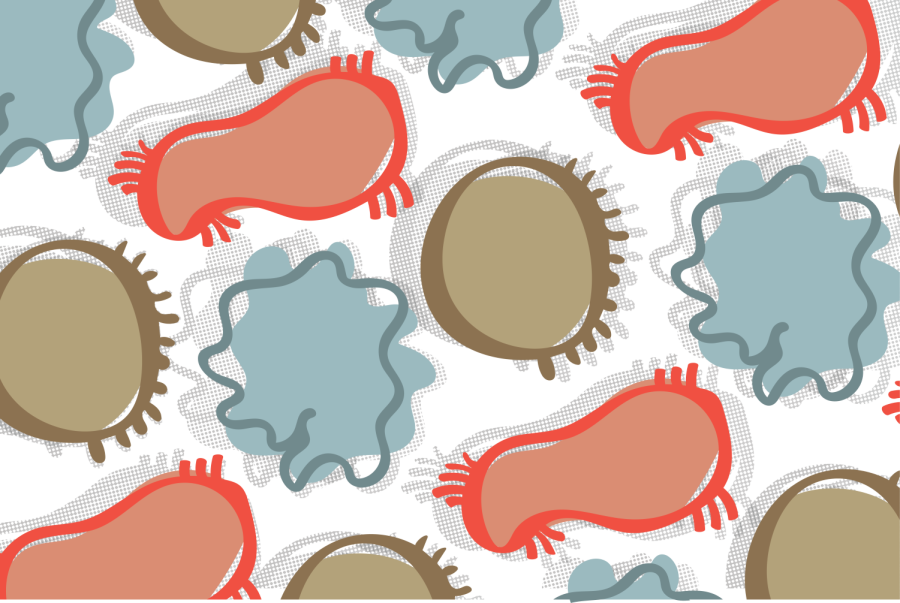University of Minnesota researchers found in a study published last month that a common virus causes honeybees to forage prematurely which significantly contributes to colony decline worldwide.
In a collaboration with the University of Illinois at Urbana-Champaign and Washington State University, researchers found that deformed wing virus (DWV) impacts the sensory and behavioral centers of a bee’s brain.
By analyzing the correlation between gene expression and how a bee matures and behaves, researchers will be able to better understand the virus and its greater implications on bee colony decline.
Although some infected bees have physically deformed wings, many do not, meaning the virus affects more bees than previously thought.
DWV is usually spread by infected mites, which can attach themselves to bee larvae. Infected larvae develop a deformed wing as they mature, but the mite can also attach to fully grown bees, thus infecting them without leaving the characteristic wing deformity.

“The name of this virus is misleading,” said Declan Schroeder, the study’s co-author. “It’s put a lot of scientists on the wrong track for a long time.”
Schroeder said understanding how DWV changes bee behavior helps explain why so many colonies may have collapsed and disappeared. For many beekeepers, their colony’s decline was a mystery for a long time.
According to the team’s research, DWV makes honeybees act like they are older than they really are, said Jessica Kevill, a University research associate.
Because honeybees have different age-related tasks, the fact that they are not doing them can be disastrous — both for the colony and the greater pollination cycle, she said.
Younger bees are usually in charge of tending to the larvae and the queen. As they age, they become forager bees who bring pollen and nectar back to the hive. Then they become guard bees or undertakers who remove dead bees and defend the hive from invaders, she said.
“You end up with more foragers than nurse bees,” Kevill said. “You end up with less larvae being raised, and that means that, in the next generation, there isn’t enough foragers to go out and bring food back.”
Premature foraging not only disrupts the system of the hive, but it can also perpetuate the spread of the virus, said Ian Traniello, a Ph.D. candidate in neuroscience at the University of Illinois at Urbana-Champaign.
A bee who is foraging early may not be very good at it or could get lost and end up in another colony, which could then become infected, he said.
As one of the most common honeybee viruses, Schroeder said most bees will be infected with DWV at some point in their lives.
Traniello said he hopes their findings will help researchers develop physical and molecular interventions to reverse colony decline.
“Honeybee agriculture is extremely important to human food security … and also for plant pollination,” Traniello said. “Anything that’s harmful to them, anything that’s corrupting the normal patterning of brain gene expression … I think we ought to be really worried about that.”














